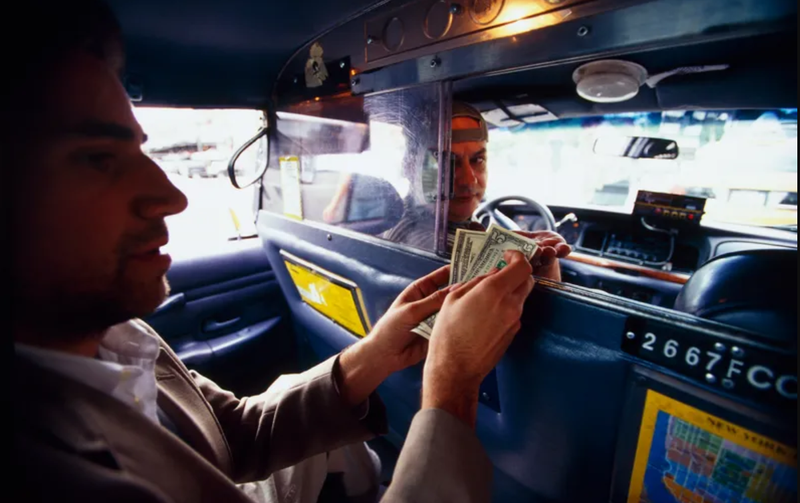
Tipping culture has changed a lot over the past few years, whether that’s at restaurants, coffee shops, hair salons, or for takeout.

During the early days of the pandemic, many people started tipping more generously, but lately some service workers have found their tips declining. This could be attributed to inflation, or people returning to their pre-pandemic norms.
Kevin Killeen from St. Louis station KMOX talked to some locals this week to hear about their tipping habits.
“We're not spending as much because of inflation and not tipping as much either,” one resident said. Another added, “I think I've been tipping more since the pandemic than before. We always make sure to tip a little extra because so many people aren't showing up.”
Ted Rossman, a senior industry analyst at creditcards.com, told Total Information AM on Tuesday that the impacts of inflation could definitely be impeding people’s ability to tip. But he said he has other ideas, too.
“We've been hearing a lot about staffing shortages and restaurants in particular being understaffed,” Rossman said. “I have to wonder if the fact that they're understaffed and maybe not always providing the best service — I have to wonder if that's leading some people to tip less.”
Rossman shared data on where people tip most, and who tips most. His data showed that 73% of people always tip at restaurants, while around 25% tip at coffee shops. 66% of people always tipped their hair stylist or barber, and 57% of people always tipped for food delivery.
But there are more factors that affect people’s decisions to tip, including age and gender.
“It varies a lot by generation too, in general," Rossman said. "The older you are, the more money you have, the better of a tipper you are."
Women actually tip a lot more often," he added. "When men tip, they actually tip a little bit better, but there're a lot more zeros thrown in there for men.”
But Rossman encourages people not to write in a zero on the tip line. He said that it is subjective, but he suggests giving more generous tips if possible.
“At a restaurant for example, tips are a huge portion of those individuals' wages. You know, don't take it out on them if you waited a little too long for a table or maybe something relatively minor with the food,” he said. “I suppose if there's really bad service, you might be entitled to tip less. But don't be too nitpicky, because this really is messing with their well being.”
LISTEN on the Audacy App
Sign up and follow Audacy
Facebook | Twitter | Instagram

